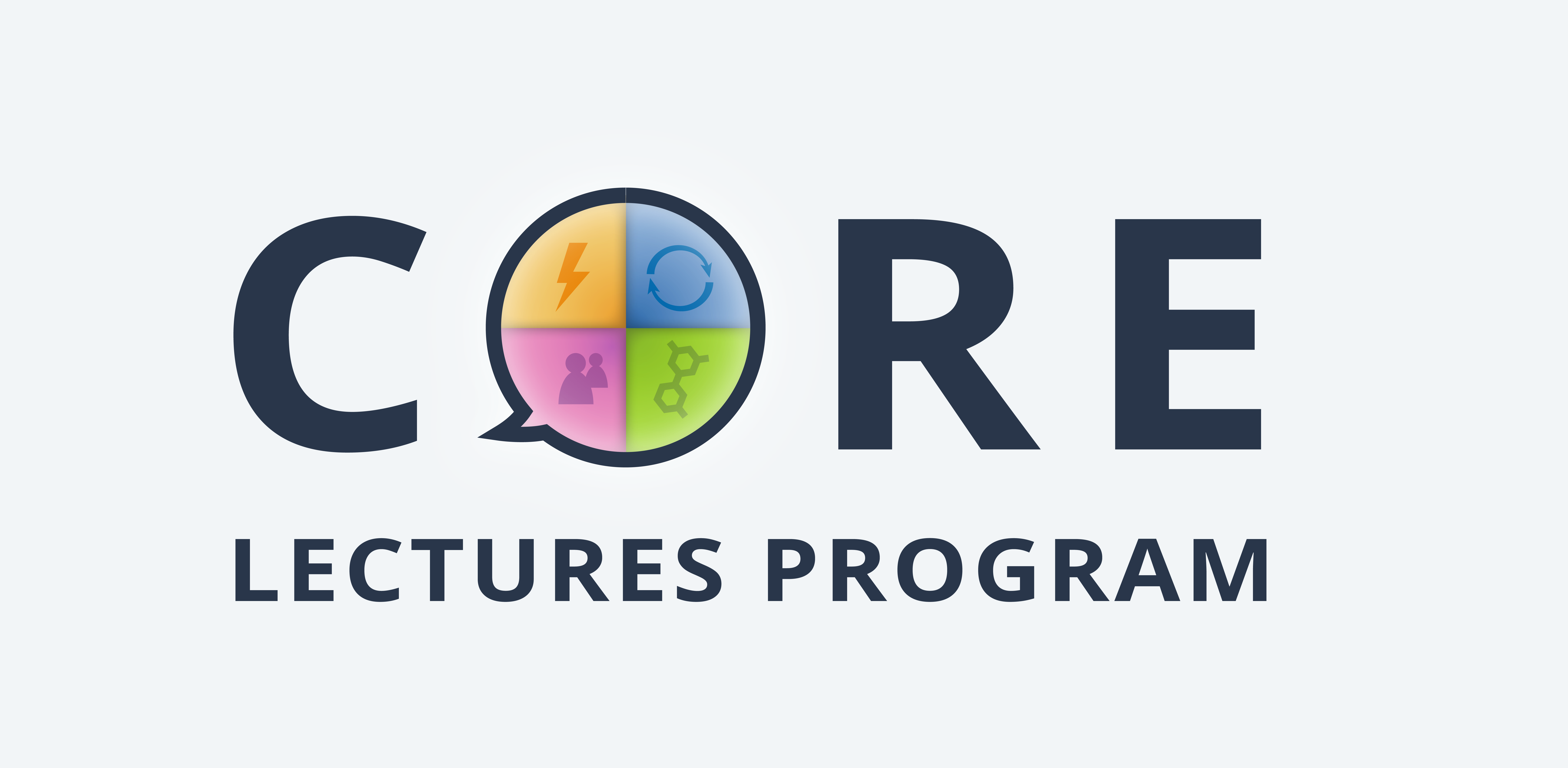livMatS Core Lecture | Laura Hartmann & Bastian Rapp | Material Adaptivity: From the Conceptual to the Molecular

In this joint session, we will first explore what is exactly meant by an adaptive material? How does it differ from a programmable material or a trainable material? And why are these differences important? We will be looking into these questions in the larger scope of the cluster and elucidate some definitions for these concepts. By the end of the session you should have a better understanding of how different mechanisms can give rise to each of these materials and start to recognize different modes of action for each of these materials.
The session will then focus on the different forms of molecular definition for polymers, macromolecules and polymeric materials. Most synthetic polymers and materials are far away from the molecular precision known in Nature and it has been a task in polymer and material research within the last 15 years to enable higher levels of molecular control also for such non-biological systems. It is envisioned that this will allow access to materials with improved or even completely new functions, including material adaptivity and longevity. By the end of this session you should have a clearer understanding of different forms of molecular definition and strategies on how to control molecular definition in the synthesis of such systems. Plus you will recognize how molecular definition can be used to realize specific functions and applications e.g., in data storage or biomedicine.
